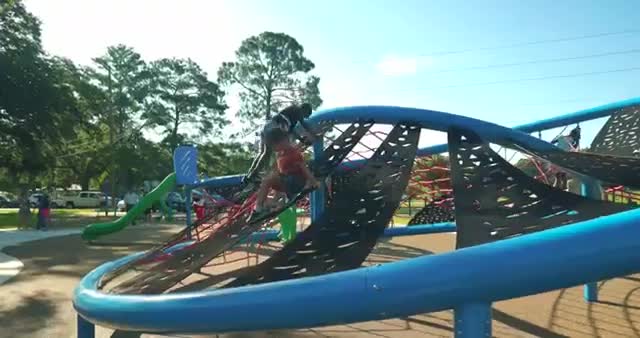Staff: Parks and recreation programs boost health, community and local economy
Get AI-powered insights, summaries, and transcripts
Subscribe
Summary
An unnamed staff member told Mobile City officials that parks and recreation programs provide health, environmental and economic benefits, citing studies and broad community impacts; no funding or policy actions were discussed in the remarks.
An unnamed staff member said parks and recreation programs do more than offer places to play, building strong communities, promoting healthy lifestyles and boosting local economies.
The point, the staff member added, was that parks support public health, the environment and economic activity: "Parks also support the environment, preserving green space, improving air and water quality, and offering a home to wildlife," the staff member said. "Vibrant parks attract visitors, increase property values, and create jobs."
The staff member framed the programs broadly, listing activities from youth sports to senior activities and saying recreation programs "reduce stress, encourage physical activity, and even improve mental health." He or she also referenced research without naming studies: "Studies show that time spent in parks can lower blood pressure, improve mood, and increase our overall well-being," the staff member said.
These remarks presented parks and recreation as serving multiple community goals — health promotion, environmental stewardship and local economic development — but did not propose specific policy changes, funding sources or program expansions. No motions, votes or directives related to parks and recreation were mentioned in the provided remarks.
The comments occurred as a general presentation about the role of parks and recreation; they did not include details on budgets, grant sources, program timelines or measurable targets.
